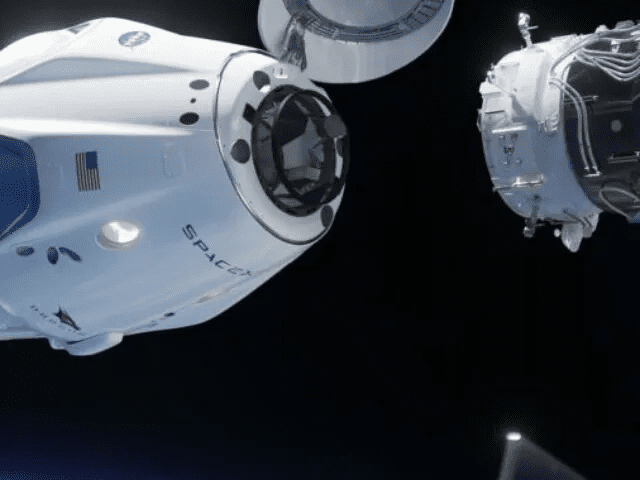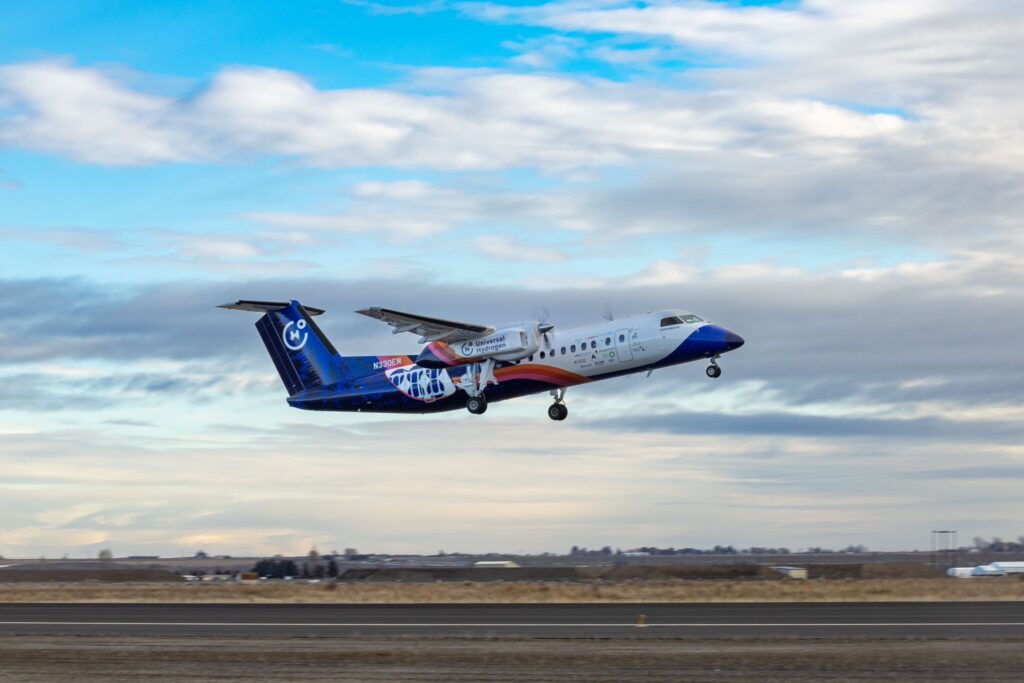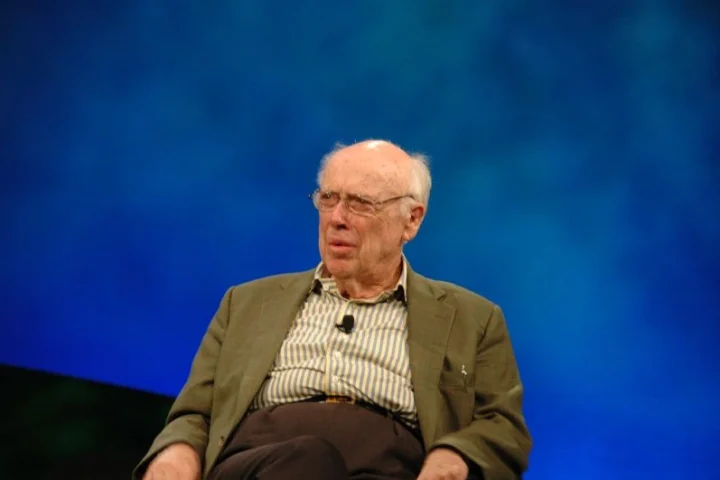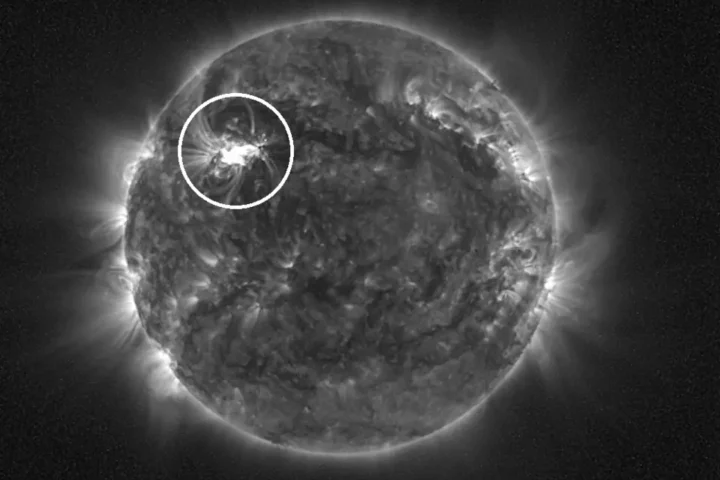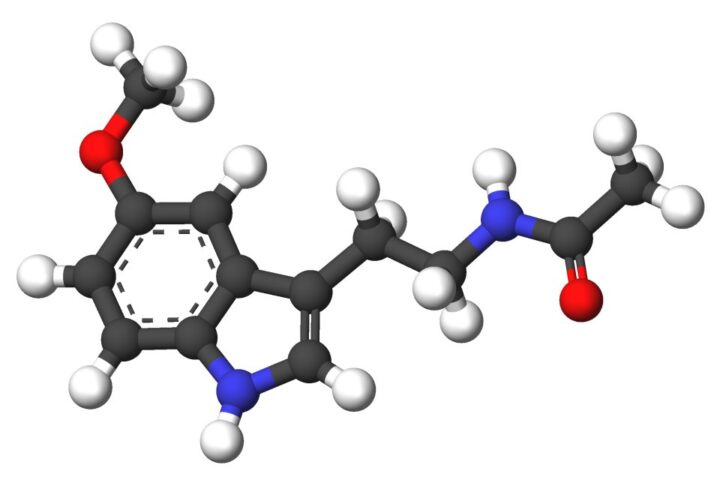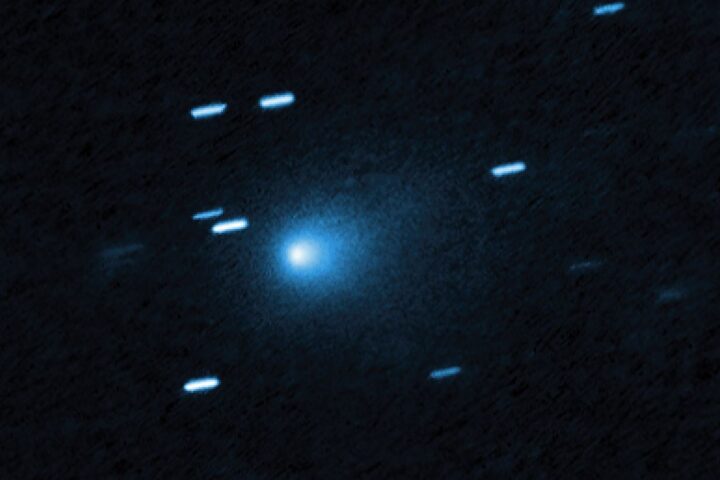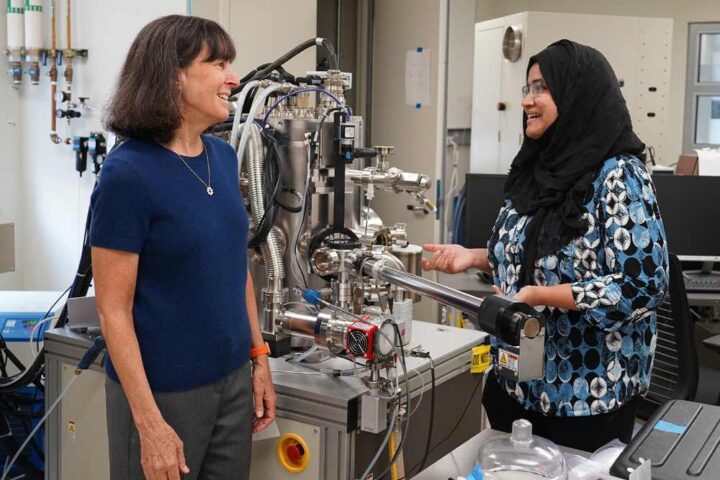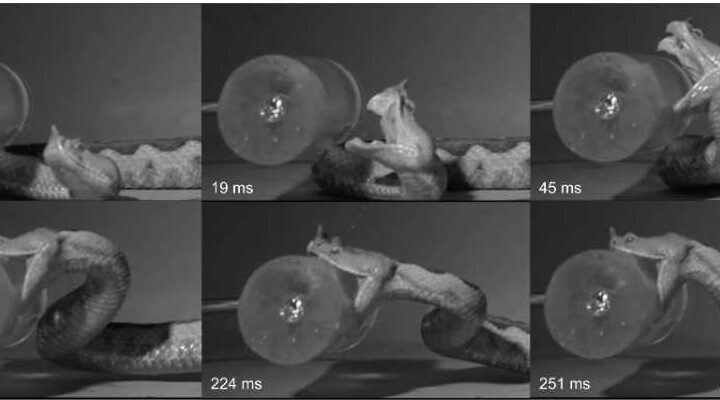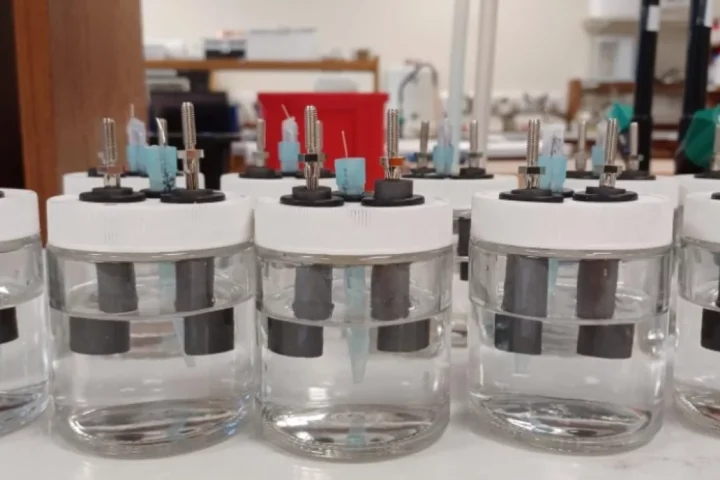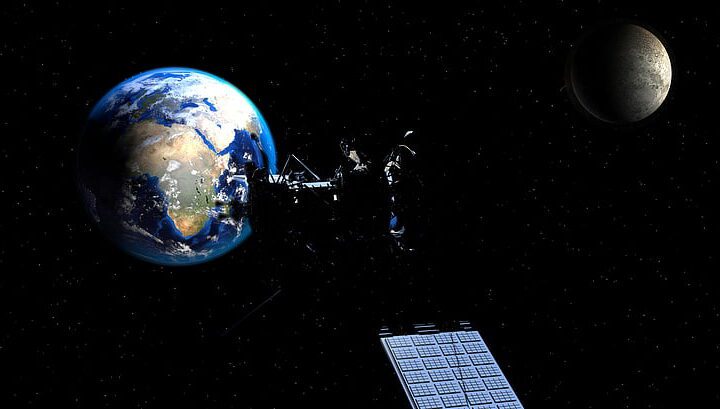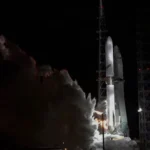SpaceX’s Crew Dragon capsule named Endeavour finally docked at the International Space Station (ISS) on March 3, 2023. It transported two American astronauts, a Russian cosmonaut, and a United Arab Emirates astronaut and they will begin a six-month long science mission. The capsule finally docked at the ISS after 25 hours of launch from NASA’s Kennedy Space Center, Florida. The docking was confirmed as the ISS and capsule flew in tandem at a speed of 28,164 km/h (17,500 miles per hour), that too 240 km (250 miles) above Earth along the coast of East Africa. The complete process was streamed live by NASA through a webcast.
The four-member team is scheduled to conduct more than 200 experiments and technology demonstrations on board the space station These activities range from research on human cell growth in space to controlling combustible materials in microgravity. Some of the research can enable the way for future long-duration human expeditions to the Moon and beyond under NASA’s Artemis program, its successor to Apollo.
The Crew-6 Dragon capsule blasted off from NASA’s Kennedy Space Center in Florida just after midnight on Thursday. The crew was initially scheduled to launch on Monday, but it was delayed at the last minute due to a faulty hook sensor on the capsule, later taken care of by ground controllers through a software override. The capsule carried four astronauts, including the UAE’s Sultan Alneyadi who became the first person from the Arab world to journey to the ISS. The Crew-6 astronauts will take charge from the US-Russian-Japanese crew that has been aboard the ISS since October. Crew-6 will be at the ISS for a six-month long period for science purposes. The Crew-5 astronauts, NASA’s Josh Cassada and Nicole Mann, Koichi Wakata of Japan, and cosmonaut Anna Kikina, should be returning to Earth soon.
The crew will carry out space maintenance and upgrades on the space station’s systems and scientific instruments. Some of the experiments will cover a range of topics, such as bioprinting, protein crystal growth, and satellite deployment. The team will also test technology that could enable the real-time detection and tracking of space debris. The space debris pose a significant threat to satellites and spacecraft.
- How Can Shopping for Books Online Open Up a World of Possibilities?
- Achieving Cleaner, More Efficient Engines: Sustainable Diesel Performance with Parleys
- Rivian R2 electric SUV completes final validation: $45K, 300+ miles, 656 hp dual-motor AWD
- How Intelligent Software Platforms Drive Efficiency and Risk Mitigation in Last Mile Deliveries
- Avoiding The Debt Spiral
